President Donald Trump’s aggressive tariff policies, introduced after his return to office, have disrupted the structure of global trade. Beginning August 7, his administration levied steep import taxes on dozens of countries, affecting economically vulnerable nations like Laos and Algeria, as well as longstanding allies such as Canada and Switzerland.
Although some nations agreed to Trump’s terms to avoid even harsher penalties, there are no obvious beneficiaries. Experts warn that virtually all parties involved including the United States could suffer long-term consequences as economic instability and uncertainty continue to grow.
Trump Replaces Trade Rules With Threats, Forcing Nations Into Costly Concessions
Trump has moved away from long-standing, rule-based global trade systems, instead using unilateral power to reshape trade through threats and economic leverage. Using a 1977 emergency law, he declared America’s trade deficit a national emergency to justify sweeping tariffs without congressional approval.
This marked a sharp turn from multilateral negotiation to a power-driven approach where the U.S. imposes its own terms and forces other nations to comply or face economic punishment.
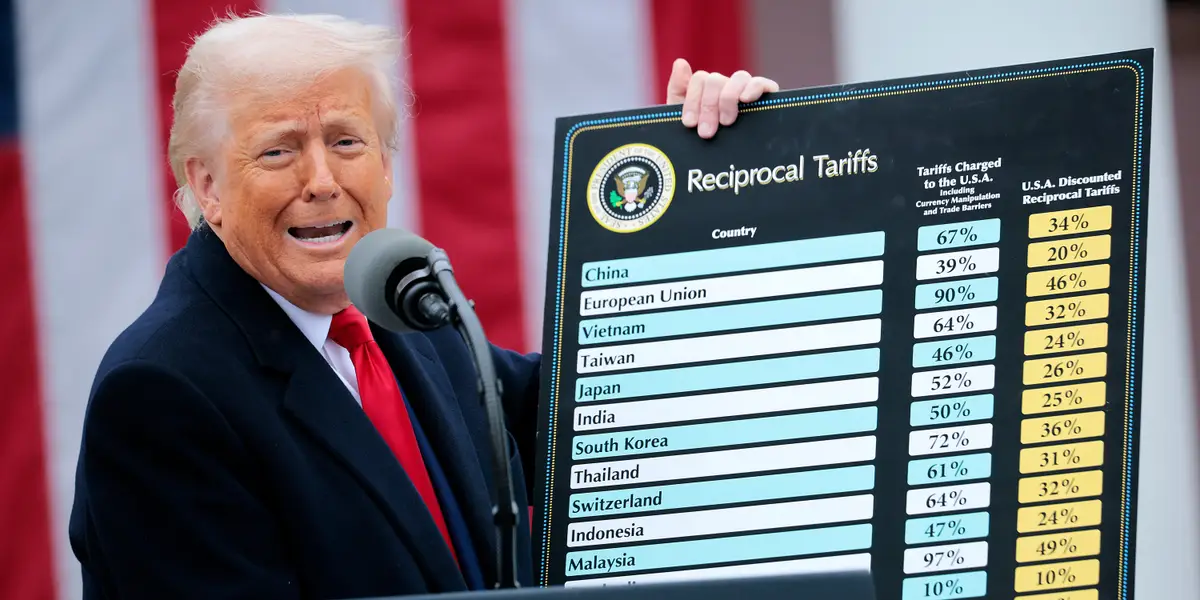
In response to Trump’s “Liberation Day” ultimatum, several countries agreed to higher tariffs rather than risk steeper penalties. The UK, Japan, and the EU accepted elevated tariff rates, while countries like South Korea, Vietnam, and Indonesia followed suit.
However, even with these deals, the agreed-upon tariffs remain significantly higher than pre-2025 levels. Smaller nations like Angola and Taiwan saw slight tariff reductions from April highs, but those rates still far exceed historic norms, leaving them economically strained.
Tariffs Driven by Politics, Legal Fights, and Costs Passed to U.S. Consumers
Countries that refused to strike deals or ran afoul of Trump’s political agenda faced the harshest tariffs. Brazil was hit with a 50% tariff, reportedly due to its treatment of former President Bolsonaro, while Canada’s 35% tariff appeared politically motivated by its stance on Palestine.
Switzerland, Algeria, and Laos were also heavily taxed despite limited justification, reinforcing a narrative of tariffs being used as tools for both economic and political retribution.
Trump’s use of the 1977 law has sparked legal battles. Several U.S. businesses and states are challenging the legality of the tariffs, and a federal trade court has already ruled against Trump’s authority a decision now under appeal.
If the courts ultimately strike down the tariffs, some of the targeted countries, such as Brazil, may find themselves retroactively absolved. However, while litigation proceeds, the U.S. continues collecting the disputed tariffs.
Despite claims that tariffs penalize foreign countries, the reality is that U.S. importers and ultimately consumers bear the bulk of the cost. Major retailers and manufacturers like Walmart, Nike, and Best Buy have raised prices, shifting the burden to American households.
Economists estimate the average household now pays an extra $2,400 annually due to tariffs, with the average tariff rate climbing to 18.3% the highest since 1934. As prices for everyday goods soar, the American public emerges as one of the biggest losers in this trade war.

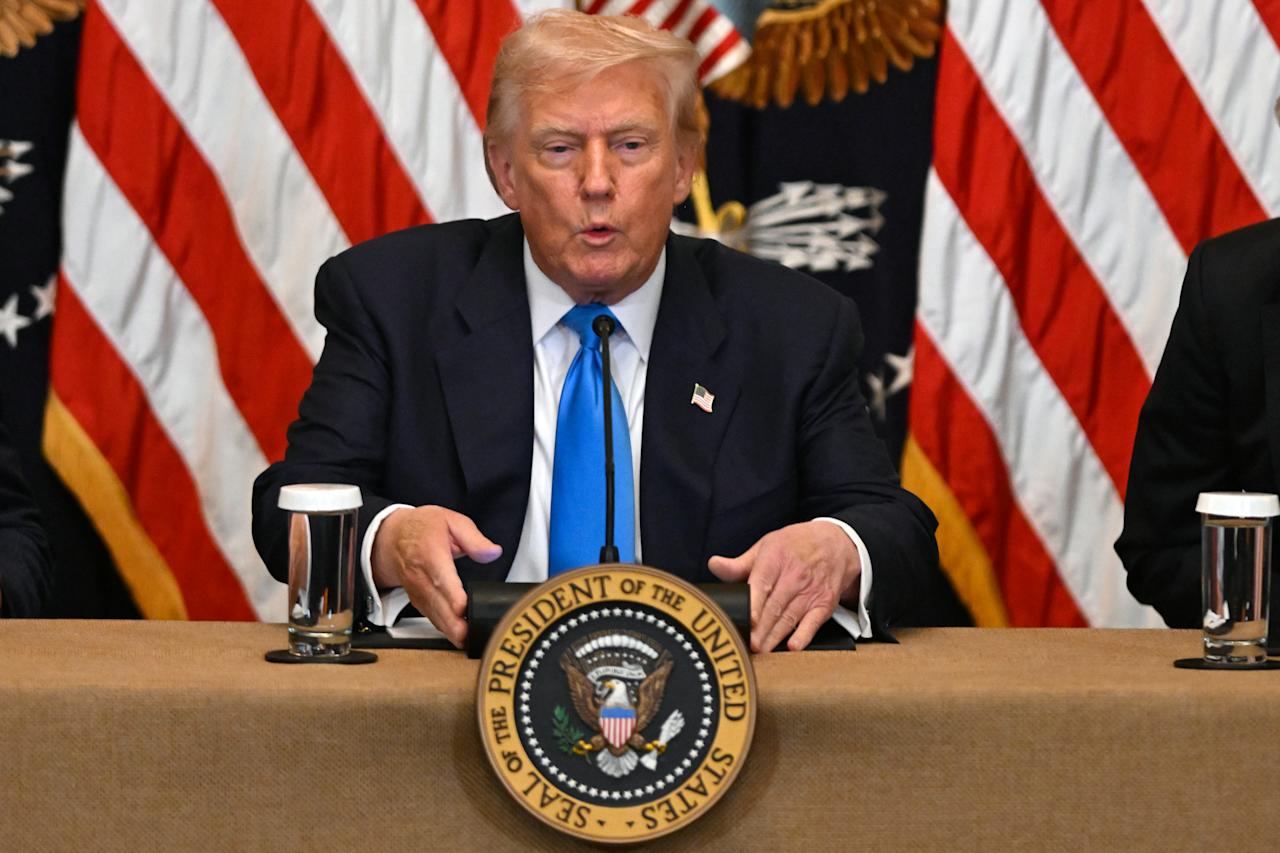
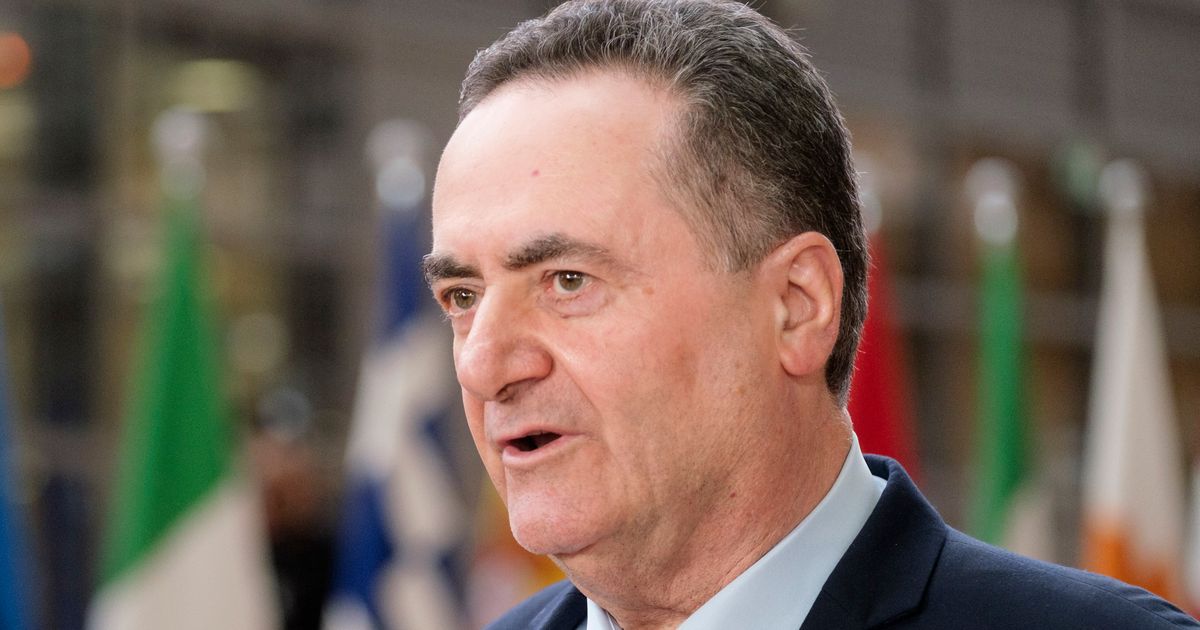






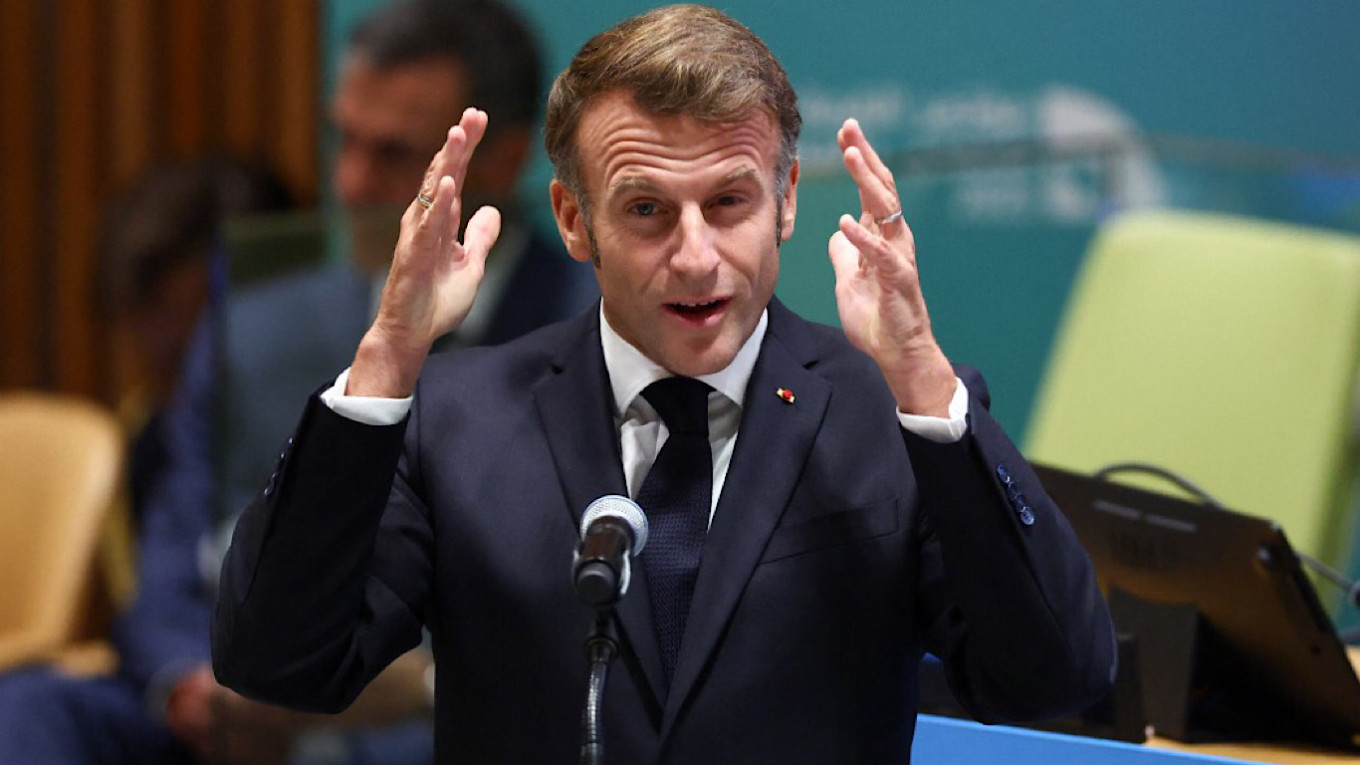
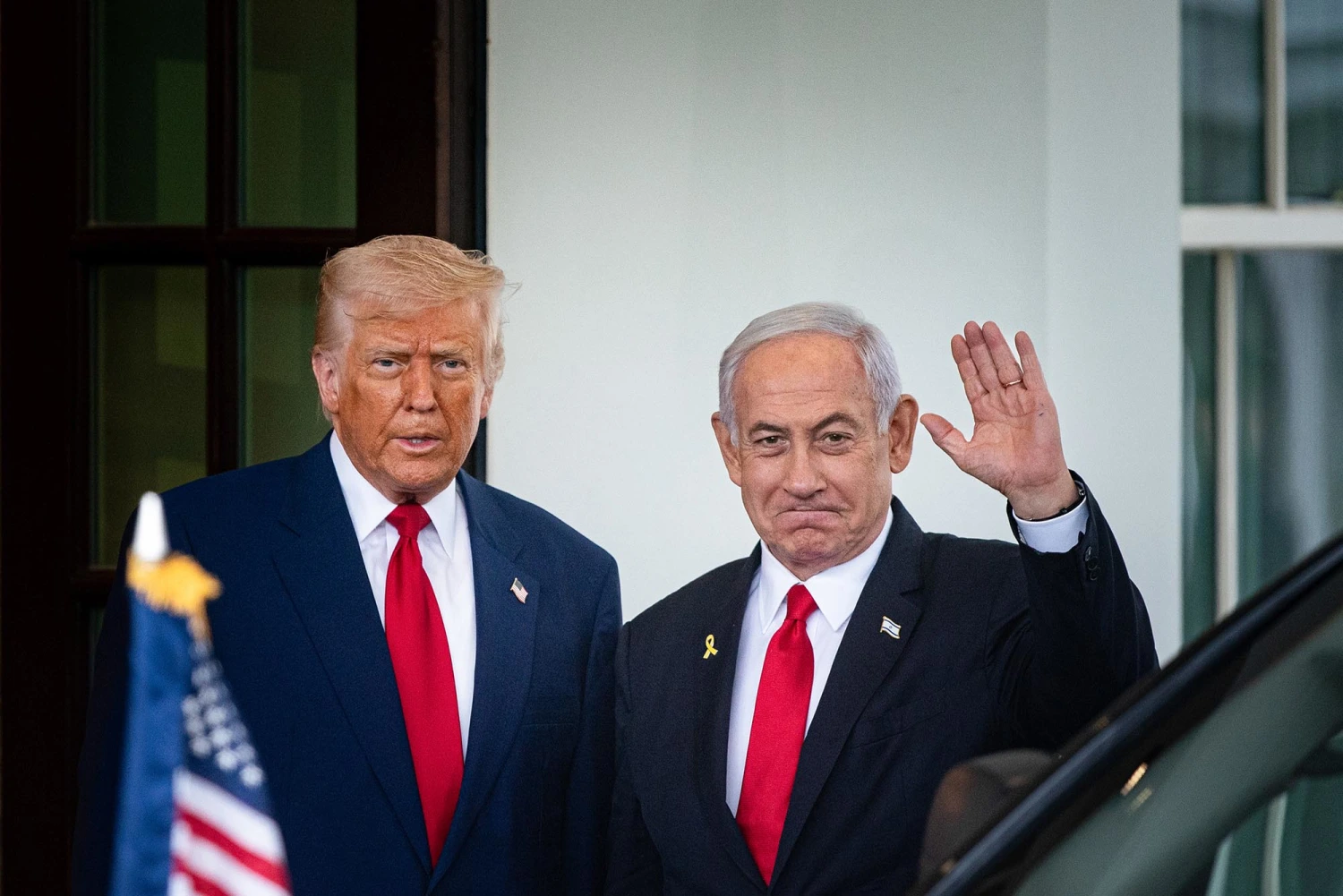

Leave a Reply